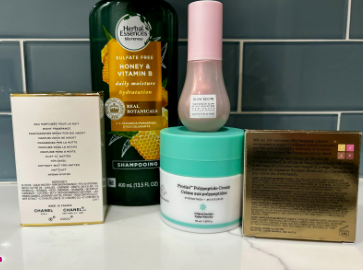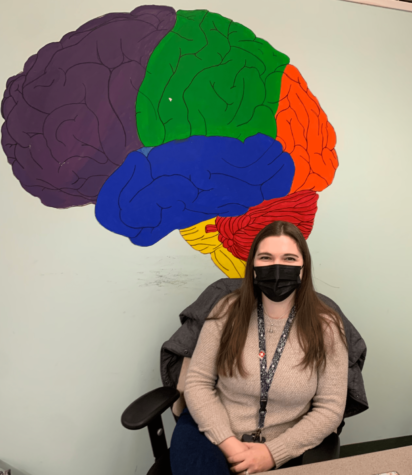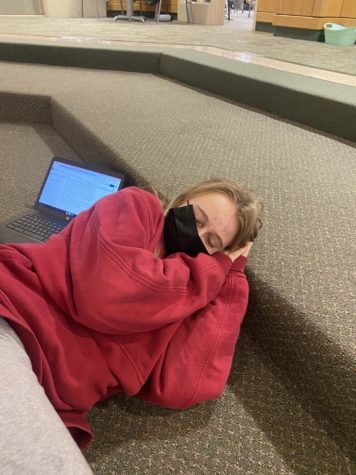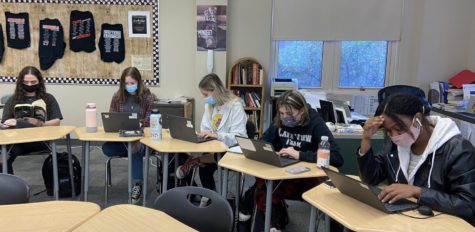What Do You Know About Mental Health?
March 3, 2016
1 in every 5 student s, aged 13-18, live with a mental illness in the United States. That’s about 5 students in every average sized class here at Ipswich High. However, from a survey I conducted on my own, only about 1 in every 8 students at Ipswich feel as if we have enough education about mental health in the school today. They feel that although the subject is touched on, there needs to be more depth in the curriculum.
s, aged 13-18, live with a mental illness in the United States. That’s about 5 students in every average sized class here at Ipswich High. However, from a survey I conducted on my own, only about 1 in every 8 students at Ipswich feel as if we have enough education about mental health in the school today. They feel that although the subject is touched on, there needs to be more depth in the curriculum.
Every school is required to offer a Health class and it is often a class needed to graduate. While interviewing Kate O’Kelly, a sophomore, she said that she “[doesn’t] feel like Health class touch enough on mental disorders… there’s a small unit on eating disorders, but even then we only talk about anorexia which is only a really small part of what [people] can have.”
I also asked a former student, Cassie Taraska, who is now 22 and studying to be a nurse, what she remembered about her High School Health class. She said, “When I was in high school we talked about [mental health] for a day; it should be for 2 weeks at least. You need to learn how to love yourselves… most disorders happen due to low self esteem. We all wonder if our boyfriend still likes us and we take out this stress on ourselves.”
Cassie and I also discussed the prevalence of eating disorders in adolescents. “Almost every teenager goes through their own eating disorder, guys included.” However, she pressed that in order to have these numbers decline, we need to have more education on how to be healthy with both mind and body, and not have to choose one over the other. Jennifer Starrett, one of the school’s three guidance counselors, added, “I believe that mental health and physical health go hand in hand… neither one is more important than the other.” She goes on to explain that if you aren’t mentally healthy, you can become physically ill and vice vera. Although, the problem is that while most people know how to be physically healthy, they lack the knowledge of how to be mentally healthy. Kate O’Kelly said she “[knows] a lot about food and exercise. I know that you should work out at least 2-3 days a week and I can count calories, but until I searched for information on my own, I didn’t know how to keep myself mentally healthy.”
Our school has begun to increase its mental health resources since Cassie and I were in Health Class. Jennifer Starrett informed me during our interview that there is a “full time adjustment counselor… she can deal strictly with a student who is feeling anxious.” This allows students to talk to a professional if they feel they need assistance. This position was gifted to the school by a grant from Lahey Clinic. The guidance counselors are also available for students to ask for help if they need it. They can help students by talking them through their problems; or if they feel more help is needed, they can help acquire therapists or get doctors involved. As the information about mental health becomes more available and the school comes up with new ways of educating us, our understanding of mental health will grow and more of us will become completely healthy, in both mind and body.







